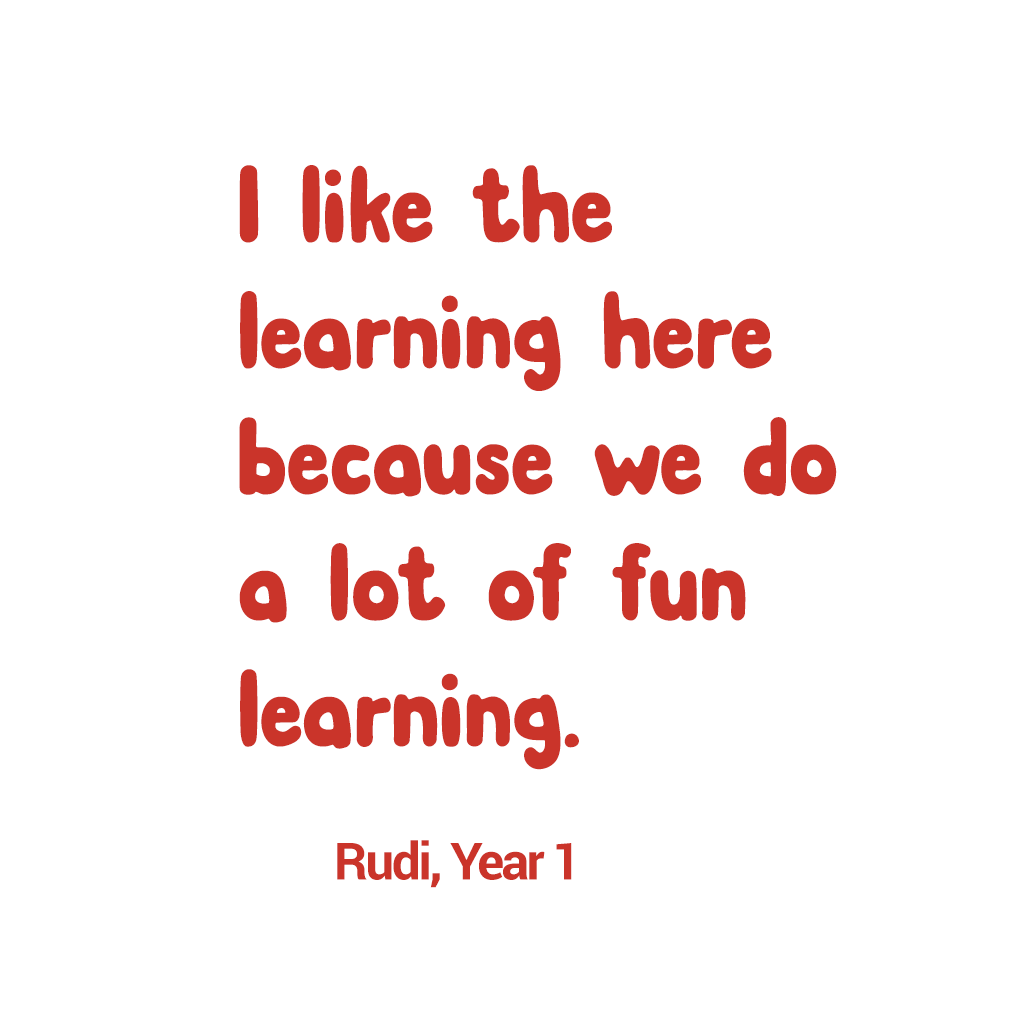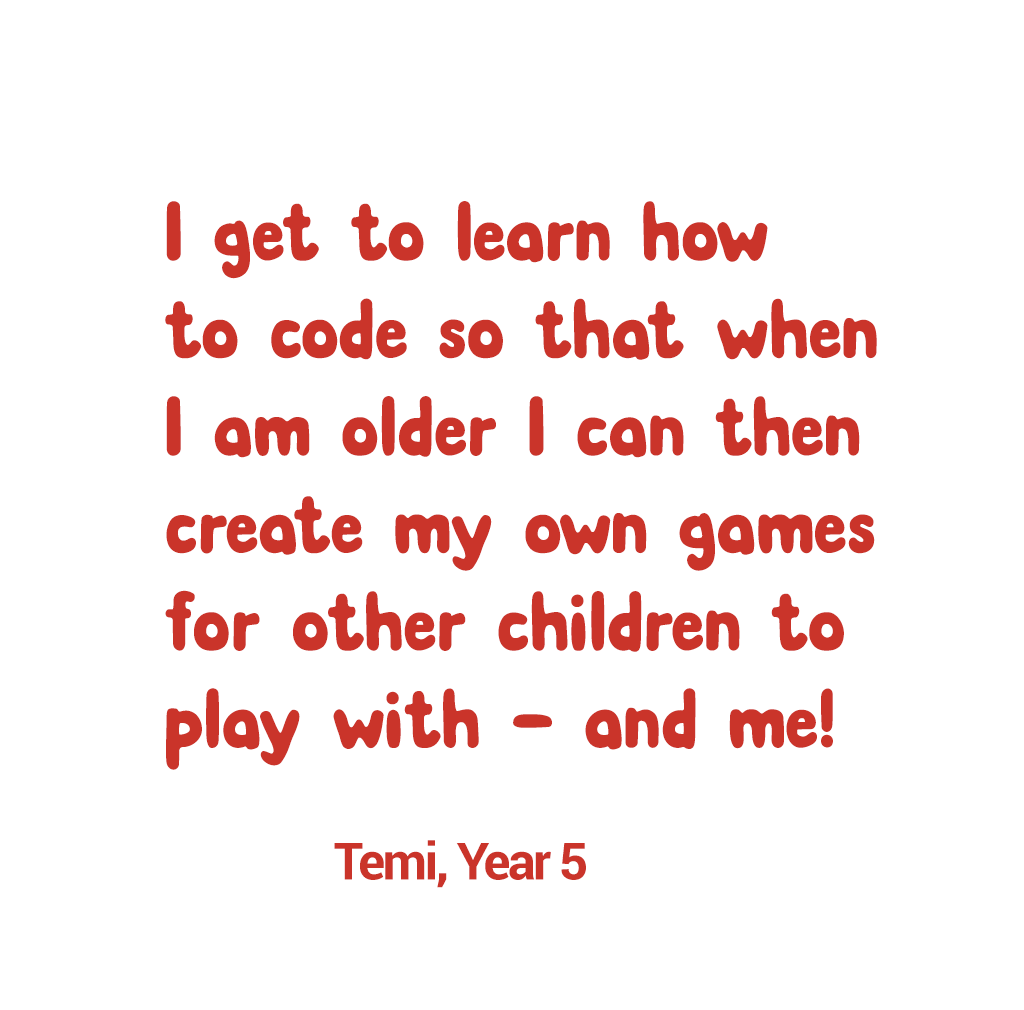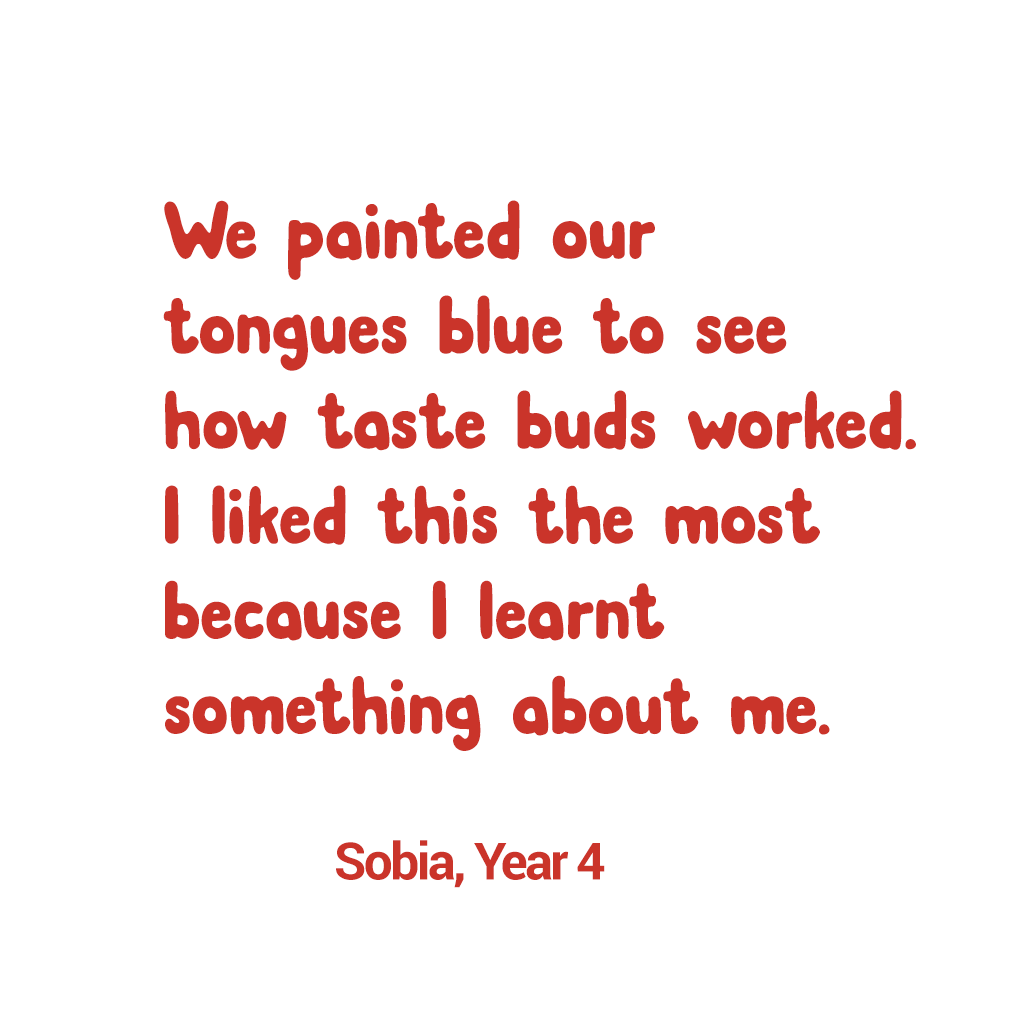
Maths is an essential skill to have in everyday life and it is a subject that is given high importance. Children receive daily maths lessons that focus on developing their confidence working with numbers, but also covering areas such as shape, space, measures and data handling.
We follow a Maths Mastery approach using the White Rose scheme. The main changes to the previous curriculum are that children spend much longer on a block or unit of teaching so that they can fully master that area of maths before moving on. The children spend a greater proportion of their learning time on the application of maths skills and deeper thinking.
The expectation is that the majority of pupils will move through the programmes of study at broadly the same pace. Pupils who grasp concepts rapidly are challenged through being offered rich and sophisticated problems before any acceleration through new content.
Our intent:
1. For children to independently progress through the maths mastery stages of calculate, apply and think:
i) Calculate: for children to establish a concrete understanding of each mathematical strategy. Children will not move on to the apply and think stages until they are secure with the calculate stage.
ii) Apply: for children to have the confidence to apply each mathematical strategy when questions are presented in various ways.
iii) Think: for children to independently solve problems across a range of contexts and to share increasingly precise mathematical reasoning.
2. For the children to be able to justify mathematical reasoning through using appropriate mathematical vocabulary and terminology.
3. For children to confidently access practical and visual resources which support mathematical understanding.
4. For children to develop automaticity with the key number facts in each year group, outlined in this policy, to facilitate and support future learning.
We have divided the learning into three key areas:
Calculate – this is where the children are given the opportunity to practise the skills being taught
Apply – this is where the children are given problems to solve in a variety of contexts, using the skills taught, giving pupils a richer and deeper learning experience. Pupils combine different concepts to solve complex problems, and apply knowledge to real-life situations.
Think – these questions require a deeper level of understanding and thought. Pupils explain the mathematics in full sentences. They should be able to say not just what the answer is, but how they know it’s right. This is key to building mathematical language and reasoning skills.
Below are some examples of the different types of questions.
Year 2 Example : Fractions | |
|---|---|
Calculate | 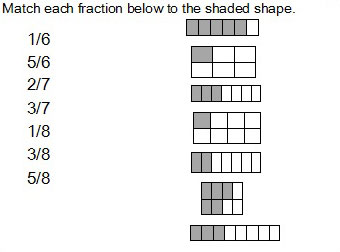 |
Apply | 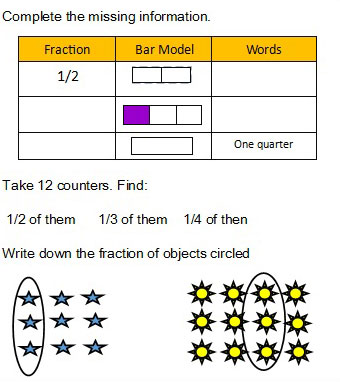 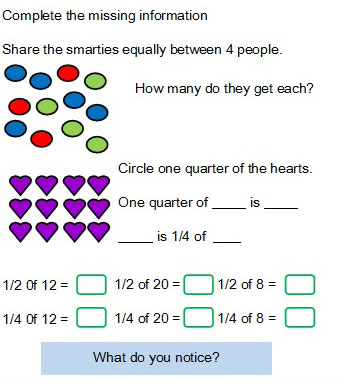 |
Think | 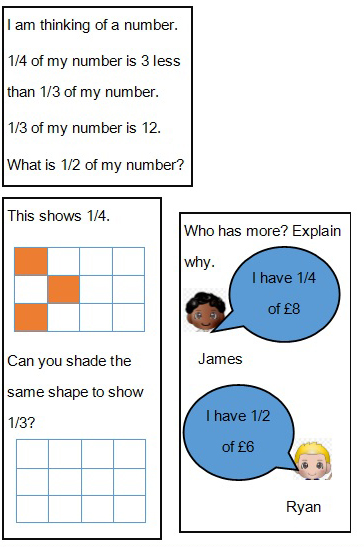 |
Year 3 Example : To calculate the perimeter of a shape | |
|---|---|
Calculate |  |
Apply |  |
Think |   |

